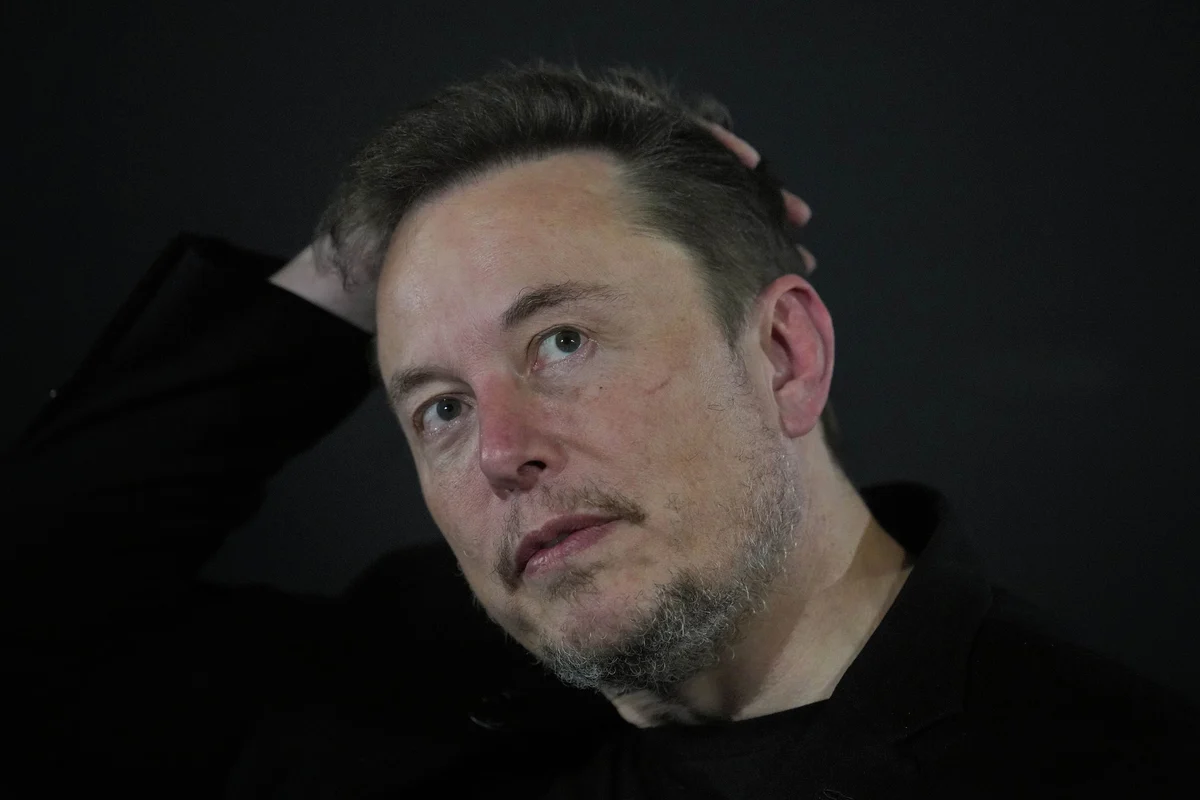By George Lomas
Copyright standard

Elon Musk has strongly urged his followers to cancel their Netflix subscriptions and join a rapidly growing social media campaign.
His stance is rooted in a fundamental opposition to the streaming giant’s content and its association with a Hamish Steele, the creator of the Netflix animated series Dead End: Paranormal Park.
The backlash began when Steele posted a mocking comment on X in response to Prime Minister Keir Starmer’s statement on Charlie Kirk’s death stating “Our sympathy for any of the families being slaughtered by your own weapons but a random Nazi gets shot and it’s a public statement.”
The controversy was amplified because Steele’s show already faced criticism from conservatives and the MAGA base. These groups objected to the series featuring a transgender main character and promoting what they referred to as a “transgender woke agenda” to children.
Elon Musk officially joined the boycott by confirming his subscription cancellation.
He confirmed this by reposting a message from Matt Van Swol, a former Department of Energy nuclear scientist, who stated he would not pay a platform that “employs someone who celebrated the murder of Charlie Kirk and makes content that pushes pro-trans content on my kids.” Musk simply replied, “same.”
Going one step further, Musk has since encouraged his followers to “Cancel Netflix for the health of your kids.”
Following Elon Musk’s public endorsement of the “Cancel Netflix” campaign, the streaming giant’s stock price experienced a notable drop.
As the controversy peaked, the Netflix stock fell by approximately 2.34% in a single trading session, with the share price closing at $1,170.90 per share.
As of October 2, the negative sentiment appears to have continued, with the stock continuing to trade down.
The immediate post-controversy decline underscores how a high-profile call to action from a figure with Musk’s massive social media following can create enough negative momentum to immediately impact market movement.



